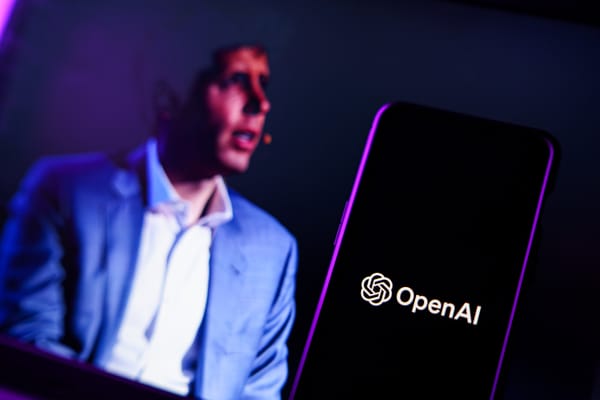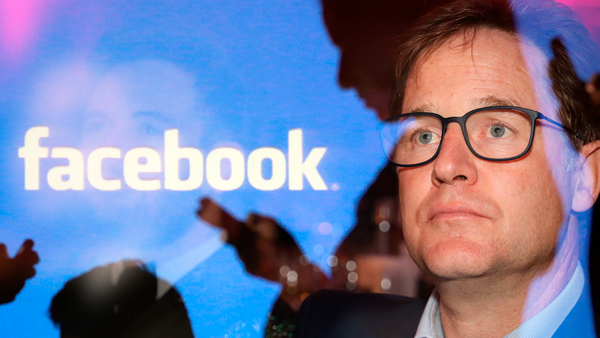Big Tech faces backlash as Alden Global Capital warns AI copyright proposals could devastate news industry
Big Tech companies including Google and OpenAI are facing backlash from a newspaper publisher owning more than 60 titles including the New York Daily News and the Chicago Tribune.

Big Tech companies including Google and OpenAI are facing backlash from a newspaper publisher owning more than 60 titles including the New York Daily News and the Chicago Tribune.
The publisher Alden Global Capital is warning proposals to modify copyright laws to allow AI models to train on copyrighted material without paying for it could devastate the news industry.
In an editorial published on Monday, Alden warned the proposals could have a detrimental effect on all creators of creative content.
“Gutting generations of copyright protections for the benefit of AI bots would have a chilling effect,” the company wrote in a plea to Google and OpenAI to reconsider their plans.
The plea comes as letters sent by Google and OpenAI to the Trump administration have emerged, arguing that loosening copyright laws is essential for national security and maintaining the United States’ competitive edge in the race to develop AI.
The letters have been opposed by a coalition of more than 400 Hollywood creatives including actors Mark Ruffalo and Olivia Wilde. They argue that America’s leadership in AI should not come at the expense of its creative industries.
Google defended its position by calling for “balanced copyright rules” that would enable AI companies to use copyrighted material for training, without significantly impacting rights holders.
The News Media Alliance, which represents more than 2,200 publishers, warned AI chatbots trained on copyrighted articles could cause “catastrophic” damage to publishers already struggling to survive. It said copyright-protected industries contribute significantly to the U.S. economy.
Several newspapers owned by Alden are currently suing OpenAI and Microsoft for copyright infringement. News Corp, which owns The Post and the Wall Street Journal, would rather negotiate than litigate. It previously struck a $250 million licensing deal with OpenAI that included protections for its content.




